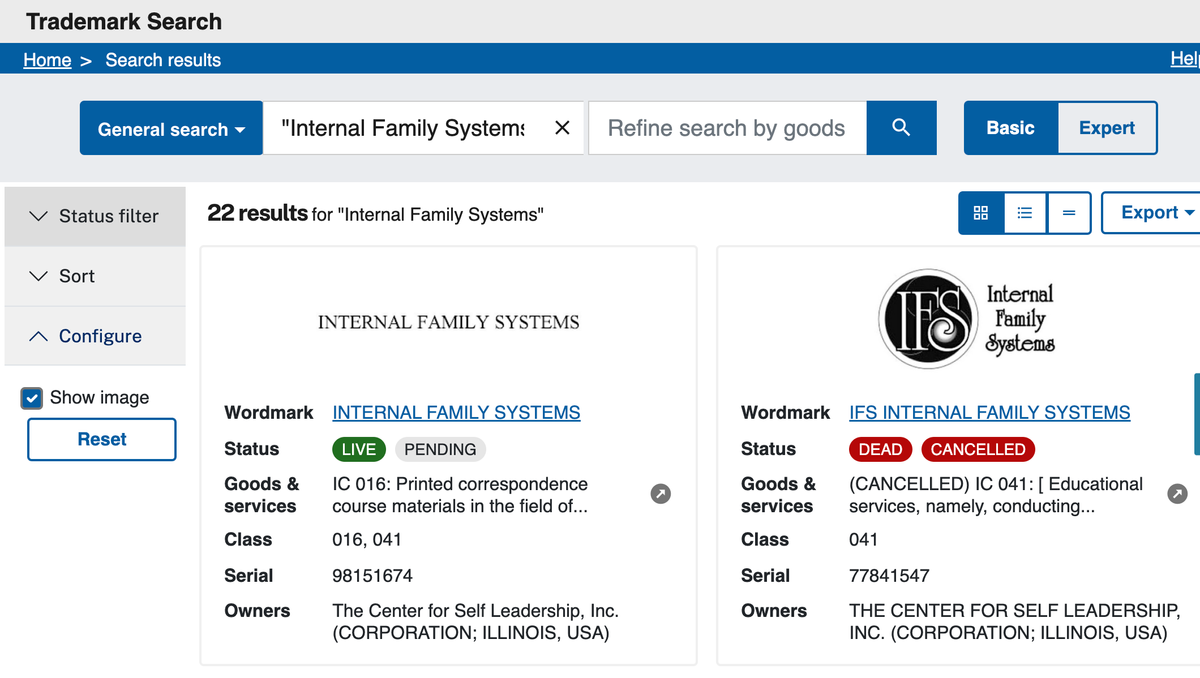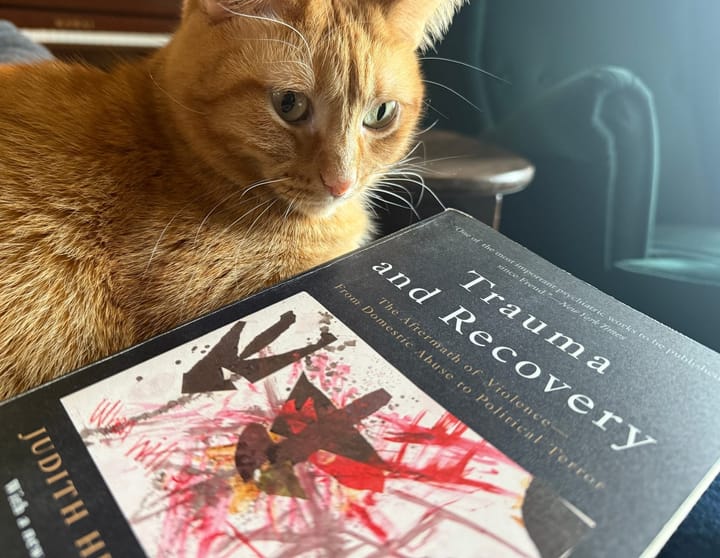Why the IFS Institute™ probably won’t budge
Many colleagues are hoping that, with enough persuasion, the leaders of the IFS Institute will realize the error of their hard pivot toward clinical mental healthcare. But the training I got from the IFS Institute makes me skeptical.

Whiplash
In January of this year, 2024, the IFS Institute abruptly announced that Internal Family Systems training, which had long been open to everyone, would immediately be restricted to licensed mental-health practitioners. Training courses that used to welcome students from far beyond mental health — including this kooky ex-academic consultant — were suddenly reinterpreted (or, less charitably, retconned) to have been meant for clinicians only all along. For safety, of course.
IFS-Institute-trained non-clinical practitioners, from little me to distinguished elders like Robert Falconer, were blindsided. The Institute’s sudden reversal upended decades of theory and practice. When pressed to explain themselves, IFSI higher-ups have provided no convincing rationale.
A petition to protest the change has attracted more than 800 signatures and counting from all over the world, including those of many clinicians who (with exquisite shade) “want to leverage our newfound privilege of status to state why we want to remain a united IFS community of equals.”
An extreme protective strategy
I signed and circulated the petition; I hope you will too! But the skills I learned in my Level 1 training — skills I am now allegedly unqualified to practice — make me suspect that the IFS Institute is probably not going to budge.
When IFSI now declares that their trainings “have been designed by mental health professionals to enable other mental health professionals to work with their clients,” I hear the plaintive urgency of an extreme protective strategy, animated by a fear for survival.
I don’t know what the Institute’s protective parts are afraid would happen if they didn’t make Dick Schwartz disavow his own long-standing teaching in this way. I don’t have a way to ask them whom, or what, they are protecting. But I do have a trained IFS practitioner’s hunch that the protective parts of the Institute’s leadership who seem to be running the show are unlikely to unblend any time soon.
Imagining IFS practice beyond IFS™
So, once the initial sting of the decision wore off, I started to wonder:
- As someone far outside the disciplinary gates of mental healthcare, who would I be if the Institute disavowed me? If I weren’t an IFS™ practitioner any more, what kind of practitioner would I be?
- If non-clinicians like me suddenly vanished from the IFS directory (a very thinkable possibility), by what authority could I claim to practice?
- If I weren’t a member of the “IFS community” any longer, what other collectives might I be able to join or convene around the work the Institute trained me to do?
The more I talk over such questions with my dearest colleagues, the more excited we all become about the possibilities they imply.
That is the institutional context for the workshop I proposed for the June 1 Unconference. Here’s what we talked about, and what might come next.



